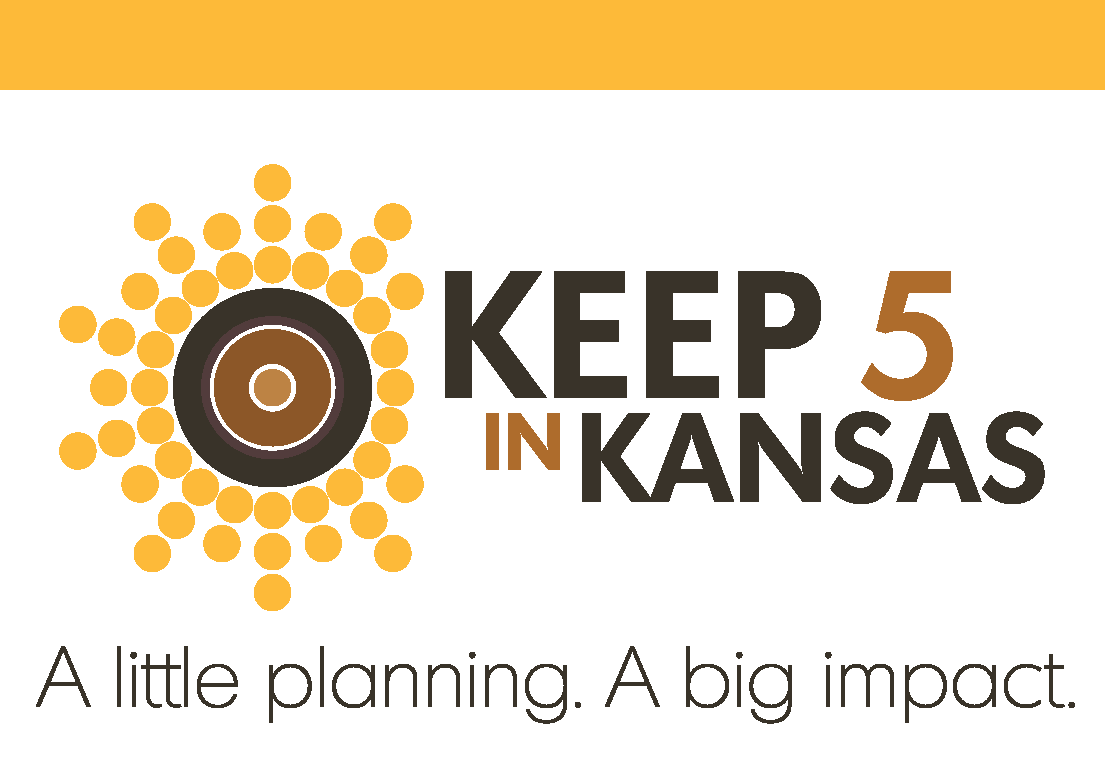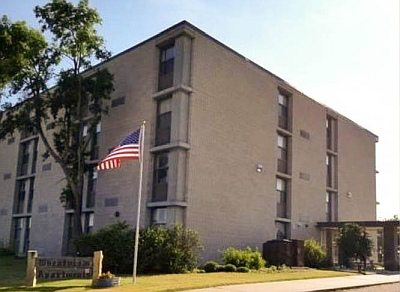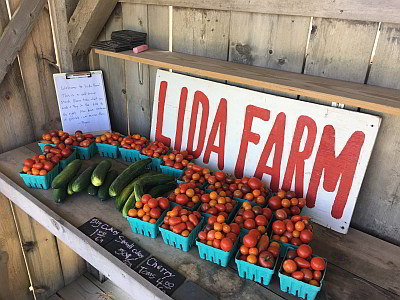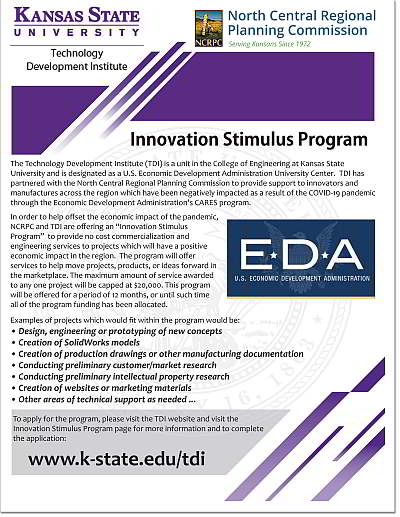
Expansion of high speed wireless internet is underway in four North Central Kansas counties and will be completed by the end of December.
NCKCN, a broadband internet service network covering North Central Kansas, is extending its high-speed wireless internet to pockets of unserved and underserved broadband areas in four North Central Kansas counties. NCKCN is a 501(c)3 affiliate of the NCRPC.
“The need for high speed, high quality broadband internet affects the most critical aspects of our rural counties,” NCKCN System Administrator Todd Tuttle said. “Educational institutions, economic development and commerce, population growth and medical services all rely heavily on every resident or household having access to reliable internet services.”
The expansion project includes portions of Cloud, Jewell, Mitchell and Republic counties. It will increase internet connectivity for rural residents and businesses in areas where accessing quality high speed internet is difficult. NCKCN is building a hybrid fiber-wireless solution to provide customers with fast, affordable, low latency internet access with no data caps. To see a map of the newest available coverage areas, visit www.nckcn.com/coverage.
NCKCN is collaborating with Cunningham Telephone & Cable (CTC) to extend broadband to these underserved areas by leveraging CTC’s neighboring fiber network. NCKCN and CTC are both local North Central Kansas companies that have a long history of providing internet solutions for the region.
The new service offers internet speeds of up to 50x25Mbps to residents and businesses. New customers in the expansion area who sign up for service will receive free installation and a wireless router. This project is an extension of NCKCN’s proven fixed wireless deployment, which it has offered since the early 2000s.
“The rise of COVID-19 has made it more apparent than ever that residents in our region need access to high speed internet,” Tuttle said. “We are pleased to expand our services to help meet that need.”
The expansion project is already underway and will be completed by the end of December.
This project is made possible, in part, through a Connectivity Emergency Response Grant, which was created to address the increased need for internet connectivity in Kansas in response to the COVID-19 pandemic. The funding was awarded as part of the state’s Strengthening People and Revitalizing Kansas (SPARK) Economic Development and Connectivity grant application process made available from federal CARES Act funding.
To learn more or sign up for service, call 785-738-2218 or visit NCKCN.
This article appeared in the November 2020 NCRPC Newsletter.

 A recently updated study on the transfer of wealth in Kansas presents an opportunity to communities of all sizes for local charitable giving.
A recently updated study on the transfer of wealth in Kansas presents an opportunity to communities of all sizes for local charitable giving.
 A new NCK Business Relief Loan Program is now available to assist North Central Kansas businesses adversely impacted by COVID-19.
A new NCK Business Relief Loan Program is now available to assist North Central Kansas businesses adversely impacted by COVID-19. Cultivating leadership is an important part of ensuring a strong future in North Central Kansas.
Cultivating leadership is an important part of ensuring a strong future in North Central Kansas.


 High school seniors in North Central Kansas are invited to compete for a chance to win $850 by submitting a written essay or short video in the 2020-2021 Rural Voices Youth Contest.
High school seniors in North Central Kansas are invited to compete for a chance to win $850 by submitting a written essay or short video in the 2020-2021 Rural Voices Youth Contest.
